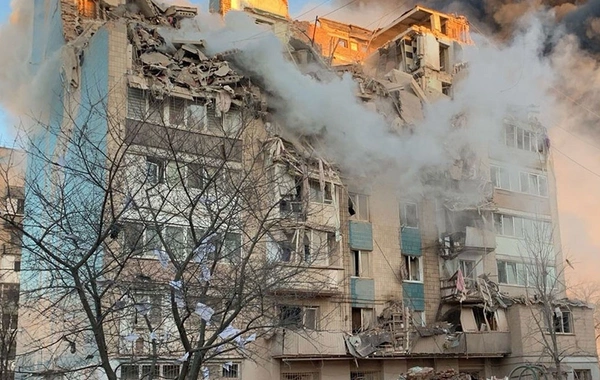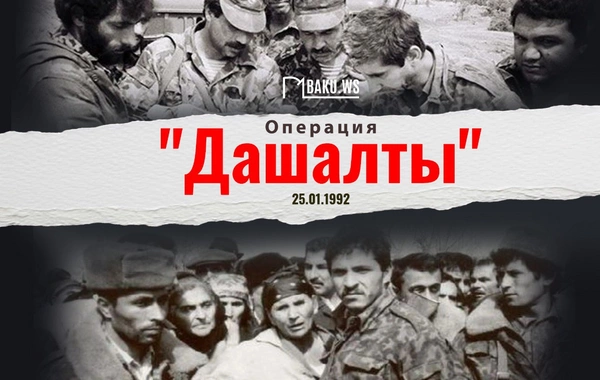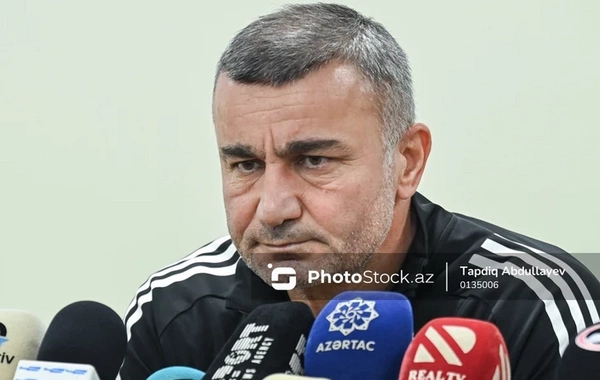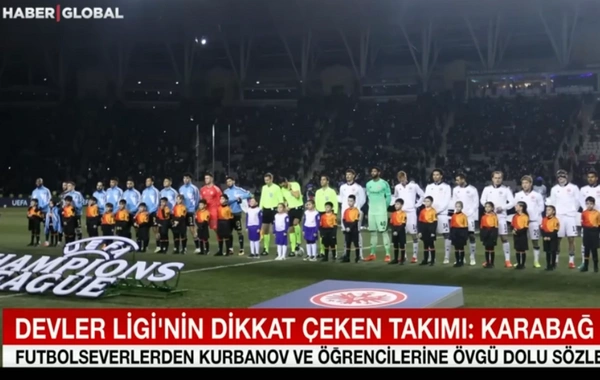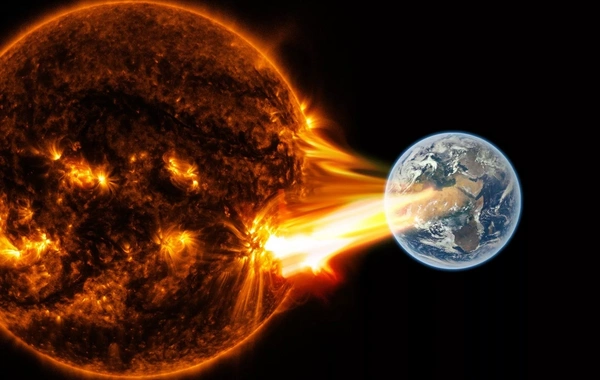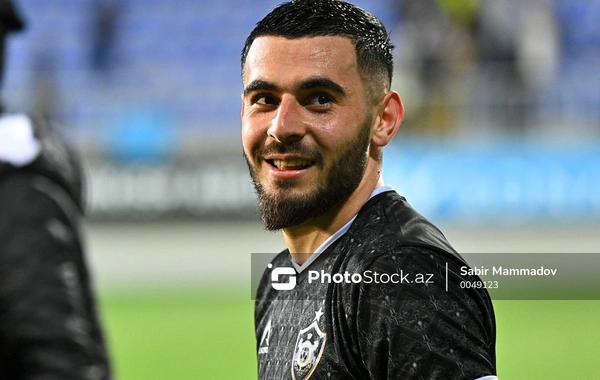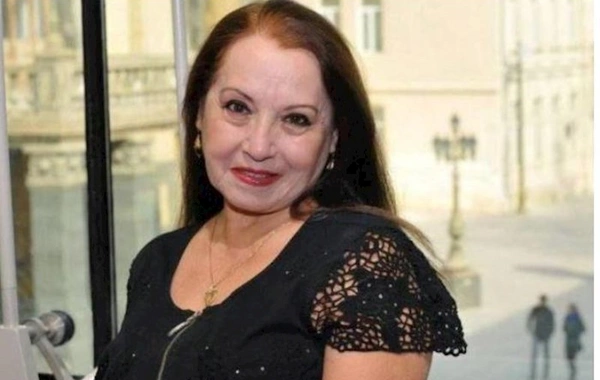Successor of Pope Francis: Vatican in anticipation of a new pontiff
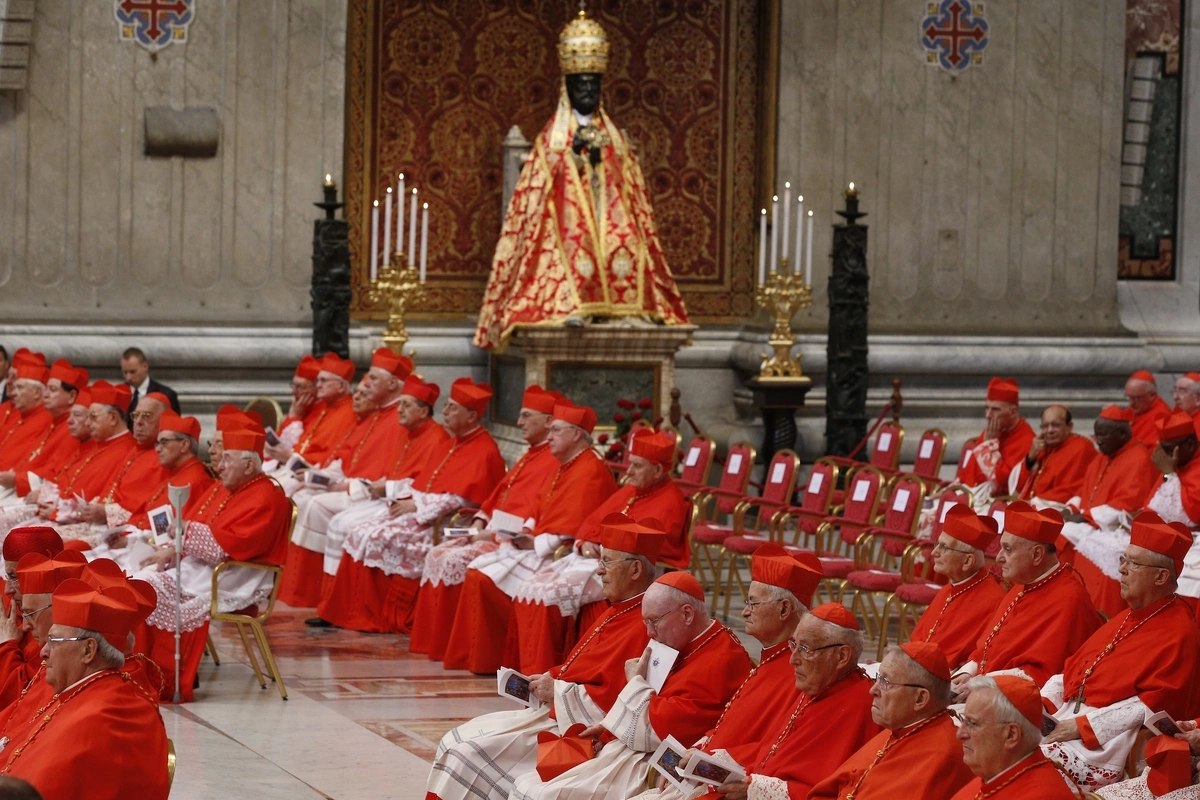
Today, the long-awaited conclave began in the Vatican – a mysterious ceremony for electing the new head of the Roman Catholic Church, in which about 130 cardinals from around the world are participating.
This is reported by "Interfax".
The first day of the conclave is filled with religious and preparatory ceremonies. The Dean of the College of Cardinals, Giovanni Battista Re, will conduct a special mass, after which the cardinals will solemnly proceed to the famous Sistine Chapel to begin voting. Traditionally, only one round takes place on the first day, while in subsequent days the intensity will increase – with two votes in the morning and two at noon.
The process will be led by the Camerlengo of the Roman Catholic Church, Cardinal Kevin Farrell.
The entire Catholic world will be watching the chimney of the Sistine Chapel – it will be the messenger of the most important news. Black smoke means that the pontiff has not yet been elected, while white smoke will announce the appearance of a new Pope. The smoke is formed by burning ballots with the names of candidates, and for clarity of the signal, special chemicals are added to the fire to enhance the color. In the event of the election of a new pontiff, bells will additionally ring.
The election of the Pope on the first day is unlikely, although theoretically possible. To win, a candidate must receive two-thirds of the votes plus one – in this case, 89. Only cardinals under 80 years of age have the right to vote, of which there are currently 133: 52 from Europe, 23 from Asia, 20 from North America, 17 from South America, 17 from Africa, and 4 from Oceania. Notably, 108 of them were elevated to the rank of cardinal by Pope Francis.
If after three days of voting a new Pope is not elected, the process will be suspended for a day for prayers and reflection. This pause will be repeated after every 7 rounds. If after 12 days no candidate receives the required number of votes, only the two leading cardinals will remain in the final round, who will also need to receive two-thirds of the votes.
Conclaves in recent decades have been relatively short – the elections of Francis in 2013, Benedict XVI in 2005, and John Paul II in 1978 took only two to three days. However, in history there was a record conclave that lasted almost three years – from 1268 to 1271.
Formally, any male Catholic can become Pope, although since 1378 only cardinals have been elected. Cardinals over 80 years old, who do not have the right to vote, can nevertheless be elected.
There is no official list of candidates, but Western media name the most likely contenders: progressive cardinals Matteo Zuppi (Italy) and Luis Antonio Tagle (Philippines), conservative Hungarian Peter Erdő, as well as Italian Pietro Parolin and Fridolin Ambongo Besungu from the Democratic Republic of Congo, who combine different approaches to church issues.
Among other possible candidates mentioned are Italian Pierbattista Pizzaballa, Ghanaian Peter Turkson, Frenchman Jean-Marc Aveline, Swede Anders Arborelius, American Joseph Tobin, Portuguese José Tolentino Mendonça, Spaniard Cristóbal López Romero, and others.
The conclave is an ancient tradition, the name of which comes from the Italian "con clave" ("with a key"), reflecting the strict isolation of cardinals during the election. In between voting sessions, they are accommodated in the guest House of Saint Martha, the former residence of Pope Francis. Interestingly, this year there are more cardinals with voting rights than rooms in the guest house, so some may be accommodated elsewhere.
The procedure for electing the pontiff is shrouded in the strictest secrecy – disclosure of what happens in the Sistine Chapel is prohibited under threat of automatic excommunication from the church.
Recall that Francis died at the age of 88 on April 21 at 07:35 am local time (09:35 in Baku) at his residence in the Vatican in the House of Saint Martha from a cerebral stroke, coma, and irreversible cardiocirculatory collapse.
In recent months, the pontiff had been undergoing treatment for pneumonia and complications caused by the disease.
Similar News
Night attack by the Armed Forces of the Russian Federation on Kharkiv and Kyiv: the number of injured has increased, there are children among them
The number of casualties in the Kharkiv region of Ukraine as a result of the Russian attack on the night of January 24 has increased to 31 people. This was repo...




 Azərbaycanca
Azərbaycanca  По-русски
По-русски  English
English 
